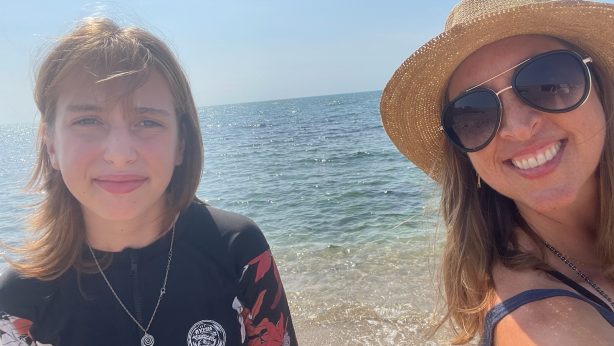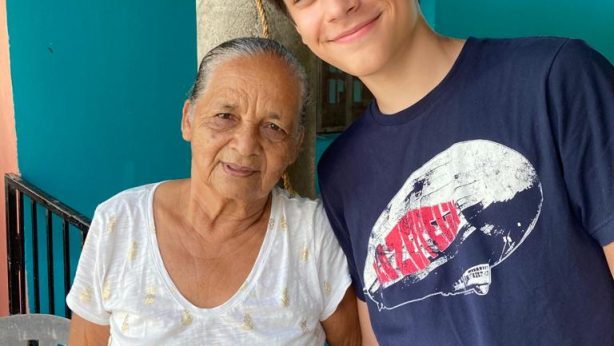Hygiene Education in Choluteca: Education Tailored to Our Clients’ Needs
It’s no secret that the world’s poor lack many things. Access to suitable housing, sufficient and nutritious food, clean water, education and security are amongst the most basic of human rights to which much of the world does not have adequate supply. At the heart of this unfortunate picture is an inherent lack of resources and opportunities. Moreover, scholars, economists, governments, and NGOs have earnestly debated over the most effective models of development in order to serve these disadvantaged populations in the most sustainable manner that encourages self-sufficiency rather than institutional dependency. In the 1970s, Microfinance emerged amongst these models and has since seen great success in both the for-profit and non-profit sectors as it’s given millions of people access to much needed capital.
However, microfinance has also been faced with great criticism as many institutions’ sole mission has proven to be wealth creation, even in the case of some non-profits. Some critics even argue that microfinance can do more harm than good in the case of lending to the poorest of the poor, as high interest rates can create a debt trap for unskilled and uneducated entrepreneurs whose activities, critics claim, are usually subsistent rather than innovative.
Despite the criticisms that have been brought forth against microfinance, Adelante Foundation, like many other MFIs, has worked hard to stay true to our mission and faithful to our clients’ needs. Adelante is proud to associate with client-centered microfinance models, shown through our use of the Progress out of Poverty Index, participation in the Social Performance Task Force, partnership with the Month of Microfinance and Official Endorsement of the Smart Campaign.
What makes our model maintain relevancy among our target population and their needs? From what I’ve seen thus far in the field, these are the most significant aspects that make Adelante’s operations key to rural economic development in Honduras.
1. We see the economic and social benefits of investing in women, which is why women make up 99% of our client base. We believe that empowering women is not just a human rights issue, it’s the most productive and effective use of our resources-and many scholars agree.
2. By choosing to work with the most disadvantaged members of society, we also make the choice to take a chance on each of our clients without requiring any form of material collateral. Our only requirement is that a woman be accepted by her peers in order to form a solidarity group to then take out a loan. The “collateral” that is presented is the commitment of solidarity among all group members.
3. Because we disperse our loans to solidarity groups during their assembly meetings, our clients receive both technical and moral support, as they are able to share their ideas and become part of a strong support system.
4. We offer free educational lessons to all clients on topics ranging from business strategy to health issues such as hygiene and reproductive health. These lessons are formulated and designed based on our clients’ needs and are conducted by their local Credit Officer. Credit Officers work in the same zones in which they live, meaning that they are acutely aware of how to tailor the education to specific communities and receive training by our Education Coordinator (and former Credit Officer) prior to the delivery of every new lesson.
5. The relationships between our clients and credit officers go far beyond the administering of loan products and transcends into a trusting and truly caring bond. Moreover, we are constantly measuring the impact of our loan products through indicators such as the Progress out of Poverty Index and our involvement in the Social Performance Task Force. This enables us to continuously improve upon our products and services to best suit our clients’ needs.
While we’re not claiming that microfinance is the only solution to poverty, we do believe that providing financial resources combined with education is the first step in economic and financial inclusion for underprivileged members of society in the developing world. And for women especially, at least for those clients of Adelante, it is an incredible means for self-empowerment and an opportunity to provide a better future for one’s self and one’s family.


